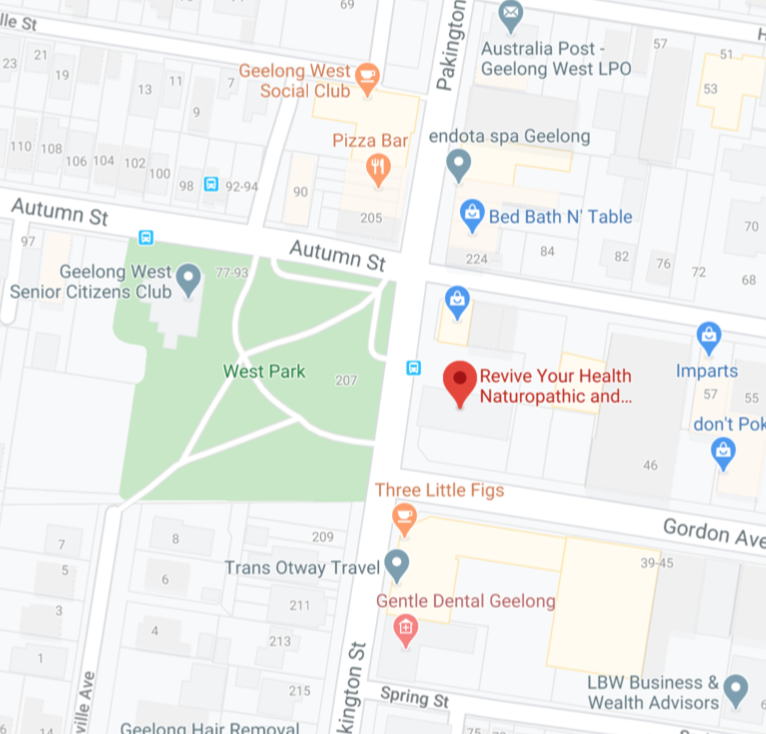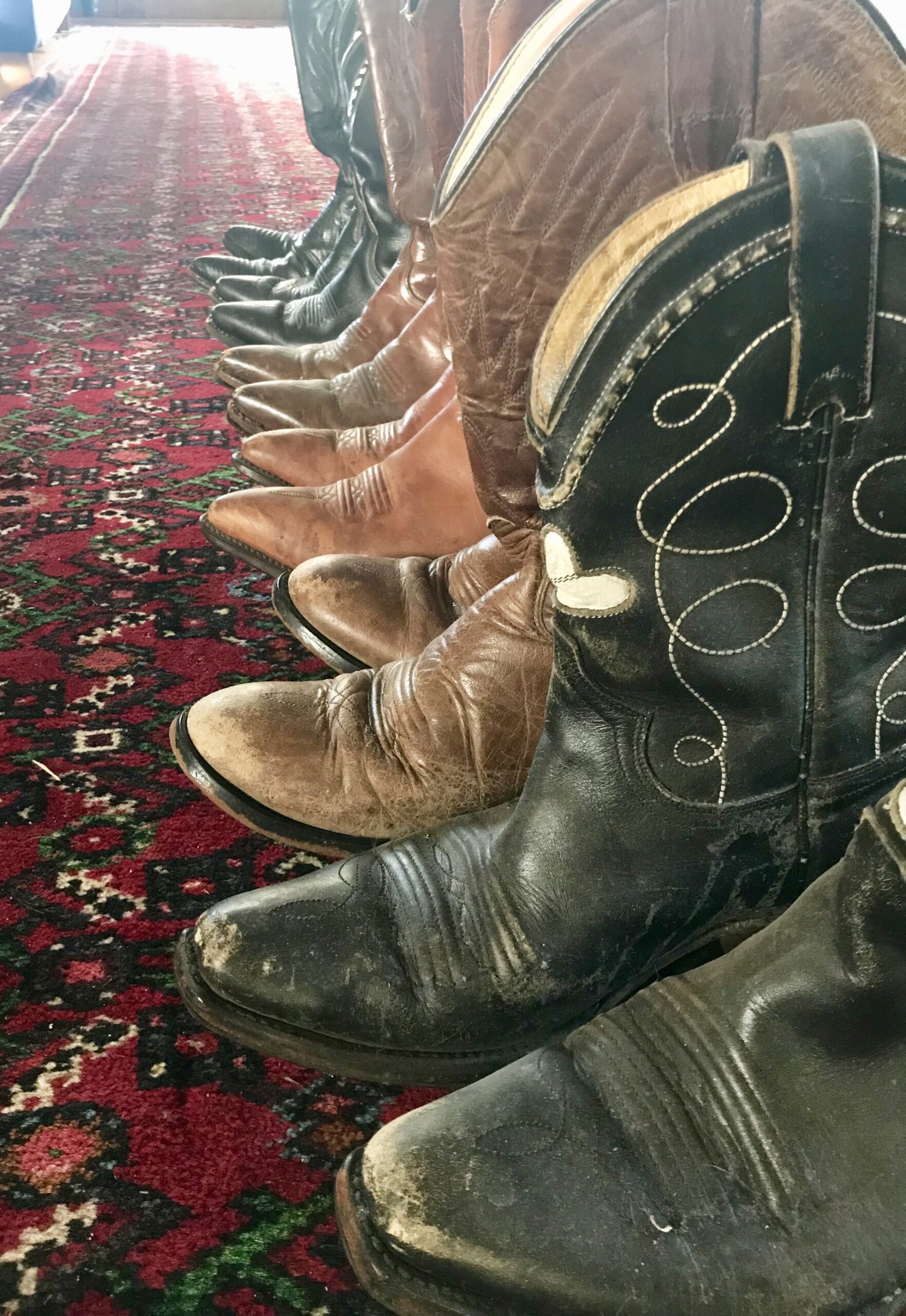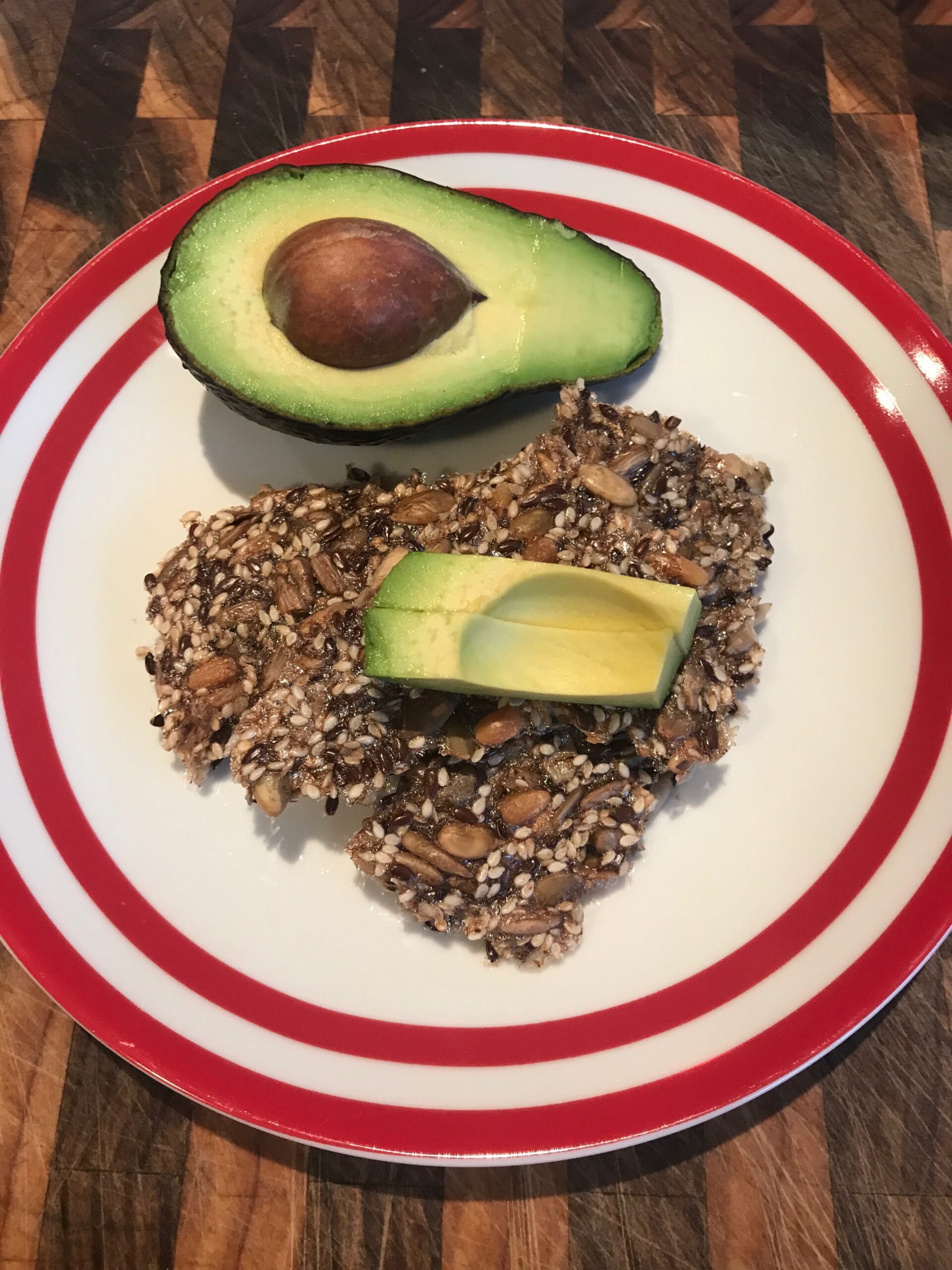Mental Health and How Your Naturopath Can Help You.
by Eve Armytage, Revive Your Health.
14/8/16
“Mental illness is so much more complicated than any pill that any mortal could invent ”
– Elizabeth Wurtzel, Prozac Nation.
The incidence of mental illness, such as anxiety and depression, is rising rapidly. In Australia in 2012-13, there were 31.1 million prescriptions for antidepressants, and around 45% of Australians aged 16-85 will suffer from mental illness during their life. Many people are potentially undiagnosed, or misdiagnosed. Even with treatment, research from 2011 indicated that drugs are only 50% effective. Along with the various side effects, including patients becoming dependent upon medicine which is difficult to stop using, it may be sensible to consider other alternatives.
Many mental disorders have links to physical illness, either through the preceding illness (inflammation, liver insufficiency, infection or parasitic origin) or co-existing. People suffering a mental illness are more likely to also have a physical condition such as diabetes, asthma or heart disease, which needs to be addressed. Other issues which the natural health practitioner can assess and treat are those leading to development of mental illness, such as malnutrition, poor digestion, and environmental toxins. Other contributing factors such as genetics, trauma and past events should be taken into account.
Mental illness complicates the way the neurotransmitters (NT) work in the central nervous system (CNS). There are over 50 different NT which can affect mental health and behaviour – a change to one or more of them can lead to serious changes in mental health. It is currently not feasible to test which NT is not working perfectly, so instead, treatment must be aimed at treating the symptoms and taking into account known history and environment. Diagnosis should only be made by a qualified health professional, according to the DSM IV-TR criteria, although it can be worthwhile self checking via the K10 list, which can be found on the Beyond Blue website, to understand if you need to see a health professional.
Other imbalances can also be mistaken for mental illness, such as low blood sugar, food allergies, adrenal exhaustion, grief, or thyroid malfunction, and need appropriate assessment and treatment.
Where a naturopath can be of assistance in mental illness is to help to manage the symptoms to allow the patient to gain some measure of control. For someone with anxiety, panic attacks and increased heart rate, I like to introduce magnesium, B complex vitamins, flower essences, and herbs, such as Passionflower (Passiflora incarnata) or Withania (Withania somnifera) tailored to reduce anxiety and calm the response to stress. As to how long to do this, it depends how much the patient is able to do for themself to help retrain their body’s responses to stress or anxiety, by introducing meditation and exercise such as yoga or tai chi, which focus upon breathing and control.
For a patient with mild to moderate depression, a definite consideration is St John’s Wort (SJW) (Hypericum perforatum) although this should never be taken at the same time as anti-depressants. SJW inhibits the reuptake of serotonin, dopamine and noradrenaline, similar to the action of SSRIs and SNRIs. A Cochrane review in 2008 concluded that SJW was “superior to placebo” for major depression and with only half the side-effects of SSRIs and even fewer side-effects than tri-cyclic antidepressants.
Another difficult issue which can be well managed by a naturopath is in helping to wean the patient off antidepressants. This needs to be done at a time when the patient is facing a period of calm and low stress, and is best also discussed with their doctor and mental health practitioner. Various supplements can be supportive to this time, especially high dosage B vitamins to support serotonin metabolism, herbs designed to soothe the nervous system and re-set the adrenal response. S-Adenosylmethionine (SAMe) is a natural antidepressant and provides response within one week, but should not be taken until two weeks after stopping the antidepressants. It is essential that the patient seek support for the interim three weeks between stopping antidepressants and the SAMe starting to work.
Other strategies include practicing positive mental health practices, such as gratitude diaries. Also journaling to help review your thoughts and learning to re-story your habitual negative traits in order to train your mind to automatically see the positive path, rather than the negative every time. This can be a learning tool which takes time and needs to be practiced regularly, and it may help to see a therapist or coach or naturopath who can assist with this.
Things that you can do to help achieve better mental health stability:
Foods to avoid:
Alcohol (beer, wine, spirits)
Caffeine (coffee, tea, soft drinks with caffeine)
Refined sugar (sugar, honey)
Aspartame (on its own or in diet foods)
Unhealthy fats in foods (meat with fat, fried foods, cakes, biscuits)
Refined processed foods (bread, cake, biscuits)
Any foods known to provoke allergic response
Foods to increase:
Omega-3 essential fats (fish, linseeds, wheat germ)
Omega-6 essential fats (walnuts, brazil nuts, pecans, hazelnuts, sunflower, pumpkins seeds)
Fresh organic fruit (at least two pieces daily)
Fresh organic vegetables (five serves daily)
Whole grains (brown rice, oats, lentils)
Tryptophan containing foods (fish, turkey, lentils, tofu, avocado, bananas)
Water (6-8 glasses of filtered room temperature water daily)
Supplements:
B group vitamins (high levels, such as provided by practitioner-only brands)
Magnesium (300-500mg daily, taking care to use high bio-available forms)
Fish oil (aim for 1000mg of EPA per day. Most commercial capsules contain 1000mg in which there is only 180mg EPA and 120mg DHA. Your naturopath will stock better quality and quantity capsules, with at least 300mg EPA, so you will only need to take 3 capsules per day)
Lifestyle:
Get into the morning sun, as much as practical, to support immunity and suppress melatonin
Exercise: regular daily exercise can be as effective as antidepressants, particularly if you can get outside to do it
Sleep: it is important to achieve 8 hours of quality restful sleep, discuss with your naturopath for help if this eludes you, as lack of sleep both causes and indicates issues
Family and friends can be important if they are supportive.
Professional support, such as counsellors and psychologists, are essential for achieving positive development and assessment of mental illness
Avoid toxic behaviour, such as smoking or recreational drugs.
Revive Your Health
275 Ryrie Street, Geelong 3220
Ph 03-5222 3838
14/8/16



